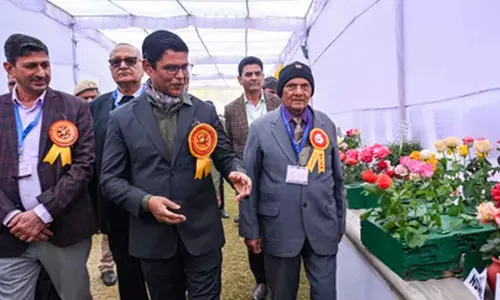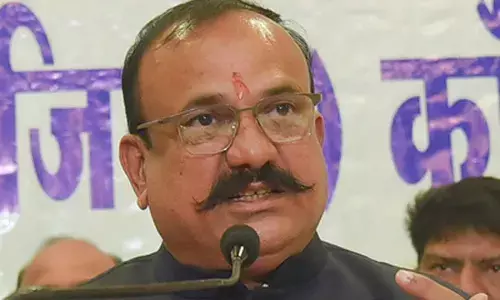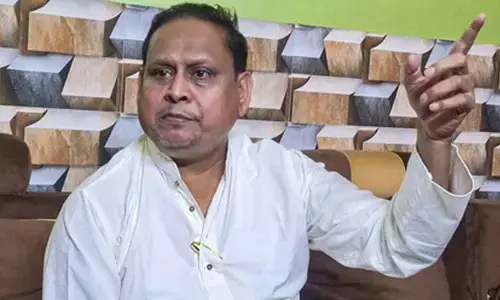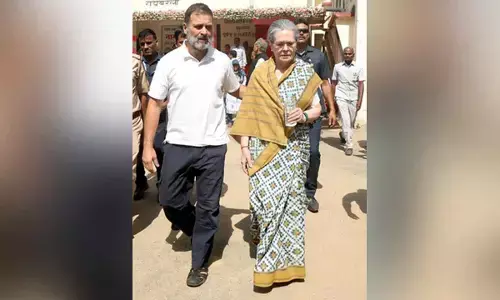Institution-building in higher education

Institution-building in higher education. Institutions are generally understood to be “the formal bounded framework of rules, roles and identities.” Universities and colleges are the two organisational forms of higher education institutions in India.
The huge size and diversity, commercialisation, narrow focus of vision and mission with more emphasis on technical skills and employable programmes to the determent of other dimensions of learning, loss of autonomy, ineffective governance systems, insufficient resources, depletion of permanent staff and widespread malpractices are some of the serious concerns of university system
Institutions are generally understood to be “the formal bounded framework of rules, roles and identities.” Universities and colleges are the two organisational forms of higher education institutions in India. These institutions play a very important role in nation building. Jawaharlal Nehru rightly observes: “If universities discharge their duty adequately, then it is well with the nation and people.”

Pratap Bhanu Mehta writing on universities humorously remarked: “Building of universities is understood by some as construction of buildings for universities.” Here the institution-building is used as an explanatory variable to understand the various factors that affect the performance of institution and the impact that performance has on broader outcomes.
Leadership is a process of leading change. The Vice Chancellor, the academic and administrative head of the University is expected to lead the change. At the time of independence, the higher education system was mostly elitist and a small system. It was primarily a state led system with primary focus on general education. The education is considered a public good.
Today, it is a huge and diverse system with 45 Central Universities, 321 State Universities, 130 Deemed Universities, 185 Private Universities, and 60 Institutions of National Importance, around 37 thousand Colleges, 30 million students and one million teachers. Private sector is playing an important role particularly in professional education. Market forces are greatly influencing the agenda of higher education.
The huge size and diversity, commercialisation, narrow focus of vision and mission with more emphasis on technical skills and employable programmes to the determent of other dimensions of learning, loss of autonomy, ineffective governance systems, insufficient resources, depletion of permanent staff and widespread malpractices are some of the serious concerns of university system.
Lack of trust between administration, teachers and students is resulting in adversarial conflict. Academic impulses are missing in academic community. Academics are held together more by common grievances rather than by common goals. Here it is relevant to remember Dr K Jayashankar’s advice: “never run after positions and never run away from responsibilities.”
The reports of many commissions and committees on higher education starting with Radhakrishna Commission have highlighted the important role of Vice-Chancellor in maintaining the quality and relevance of universities. Kothari Commission observes: “A Vice Chancellor is one who stands for the commitment of the university to scholarship and pursuit of truth.
A Vice Chancellor should be a person with vision and have qualities of academic leadership with ability for administration. He should command high respect among all sections of society (Kothari Commissions, 1964-66). Amanda H Goodall in his article on “Why Socrates should be in the Boardroom in Research Universities,” discussed the question of relationship of university performance and leadership and has drawn a number of conclusions based on study of 100 universities throughout the world.
The conclusions reached by the author could be summarised as follows: (i) That the best Universities in the world are led by more established scholars; (ii) That scholar-leaders are considered to be more credible leaders in Universities, commanding greater respect from their academic peers.
(iii) That setting an organisation’s academic standards is a significant part of the function of the Vice-Chancellor and hence one should expect the standard bearer to first bear that standard. (iv) That a leader, who is an established scholar, signals the institution’s priorities, internally to its faculties and externally to potential new academic recruits, students, alumni, donors and the media.
(v) That since scholarship cannot be viewed as a proxy for either management experience or leadership skills, an expert leader must also have expertise in areas other than scholarship. (Quoted in Supreme Court judgement in Kalyani Mathivant verses K.V. Jayaraj and others, March 11, 2015.) The more disturbing situation is the absence of regular Vice Chancellor for long periods of time at both central and state universities. Lack of succession plan is crippling the university administration.
To transform this situation we need three forms of understanding: (a) Critique of the way things are; (b) Vision of how they should be; and (c) Theory of change for how to move from one to the other. In most cases our understanding is beginning and ending in the first stage only. In contrast it is refreshing to read a paper on “What is to be done about Indian Universities” (EPW June 13, 2015) prepared by Academics for Creative Reforms, a group of teachers of central universities.
It is a considered response to recent policies and direction issued by University Grants Commission. There is a need for public reasoning of this type where problems are identified and discussed with alternative solutions. The participatory element in self-governance is mostly absent. The internal structures of self-governance like Boards of Managements, Academic Councils, Planning Boards and School Boards are not constituted fully in most institutions and are mostly ineffective.
The higher education system in India is most ineffectively over-regulated system. All these need critical reflection and corrective action. The first priority is the appointment of regular Vice Chancellors in all universities. To me, professional competences and sincerity of purpose are the two essential requirements of a leader to be an effective institution-builder.
Professional competence includes domain knowledge, team building and effective communication abilities. Sincerity of purpose includes integrity, trust and knowledge of self. Prof Jayashankar symbolised these qualities and showed by example the leader’s role in institution-building. By nature, leaders should be ‘tempered-radicals’.
The tempered-radicals are those who want to succeed in their organisations, yet want to live by their values and identities, even if they are somewhat at odds with the dominant culture of their organisation. (Excerpts from “Prof K Jayashankar Memorial Lecture” to be delivered today by Prof V S Prasad at Kakatiya University, Warangal. Prof Prasad is a former Director of National Assessment and Accreditation Council-NAAC)
By Prof V S Prasad

















